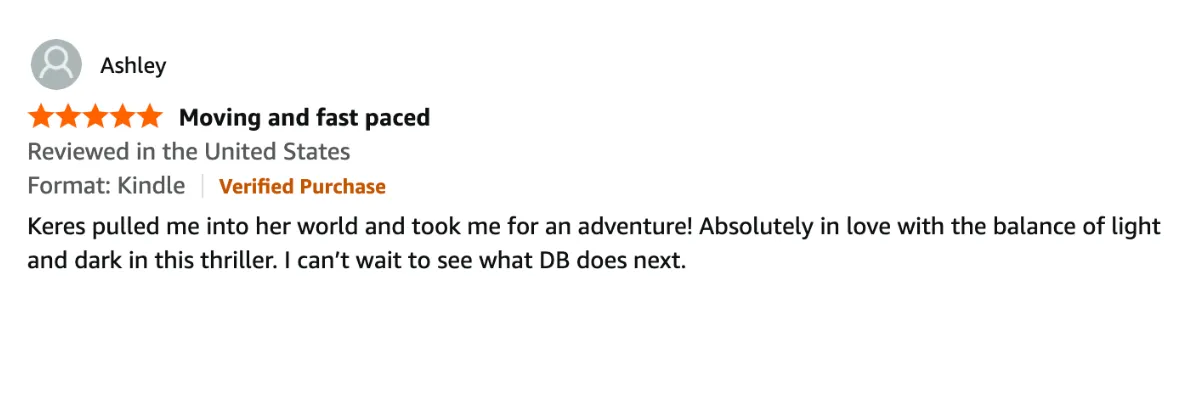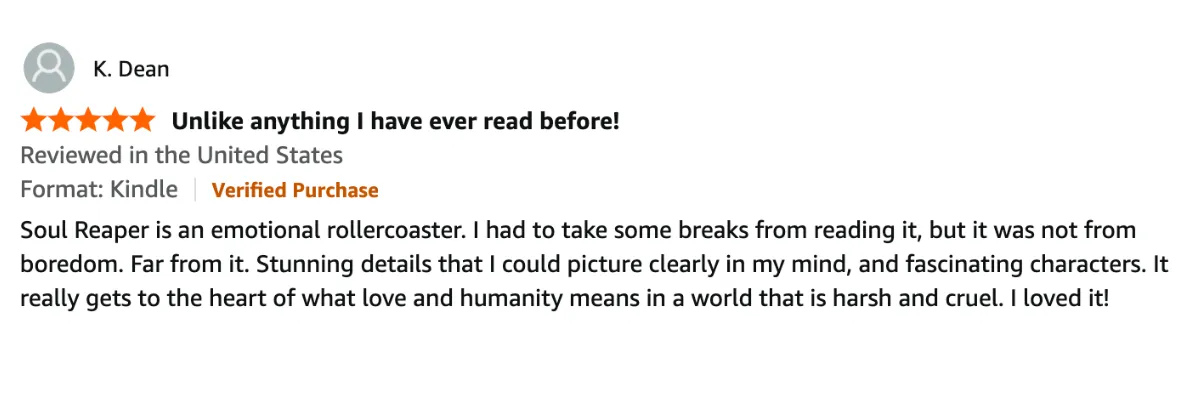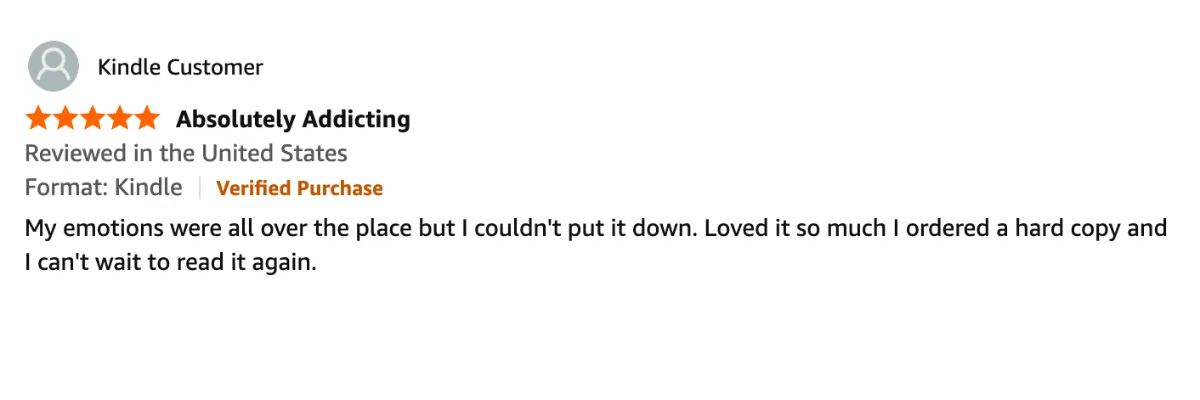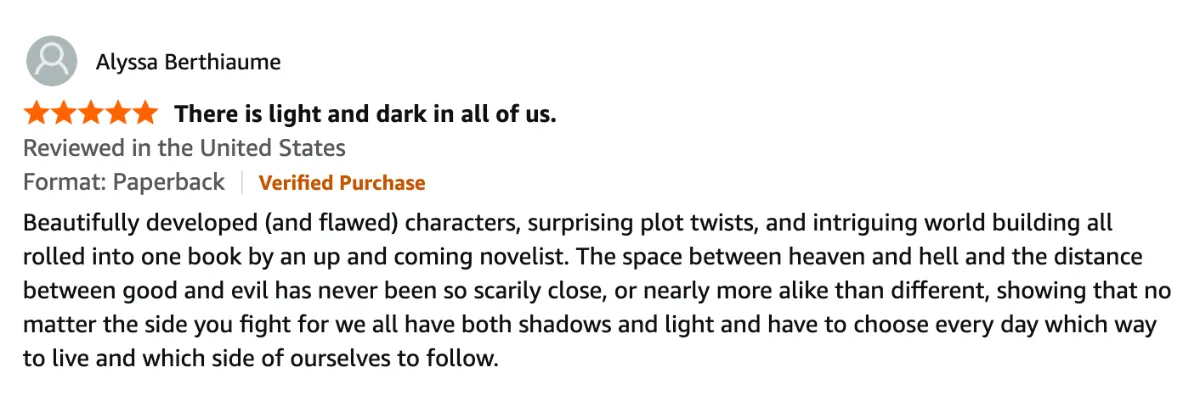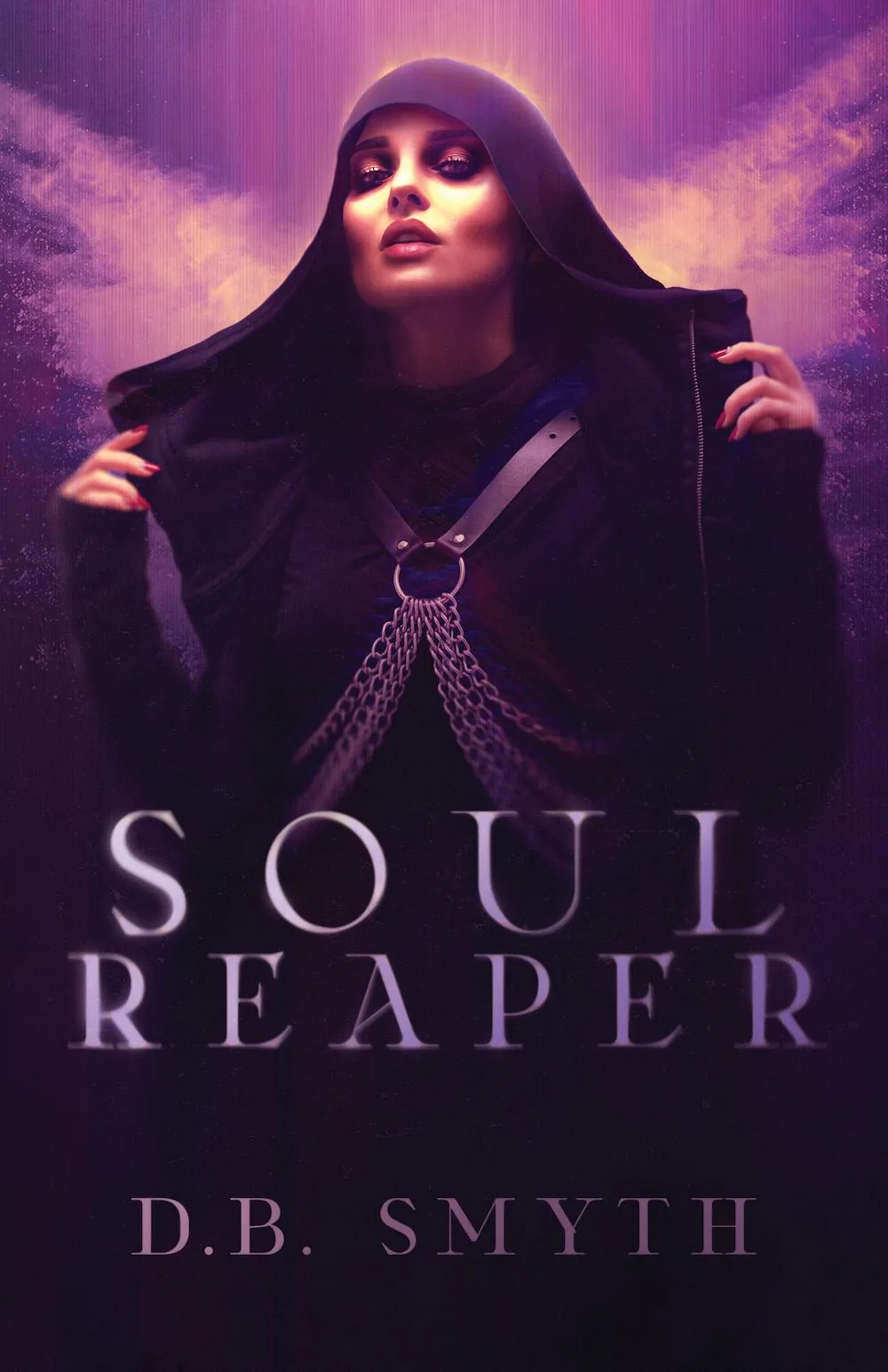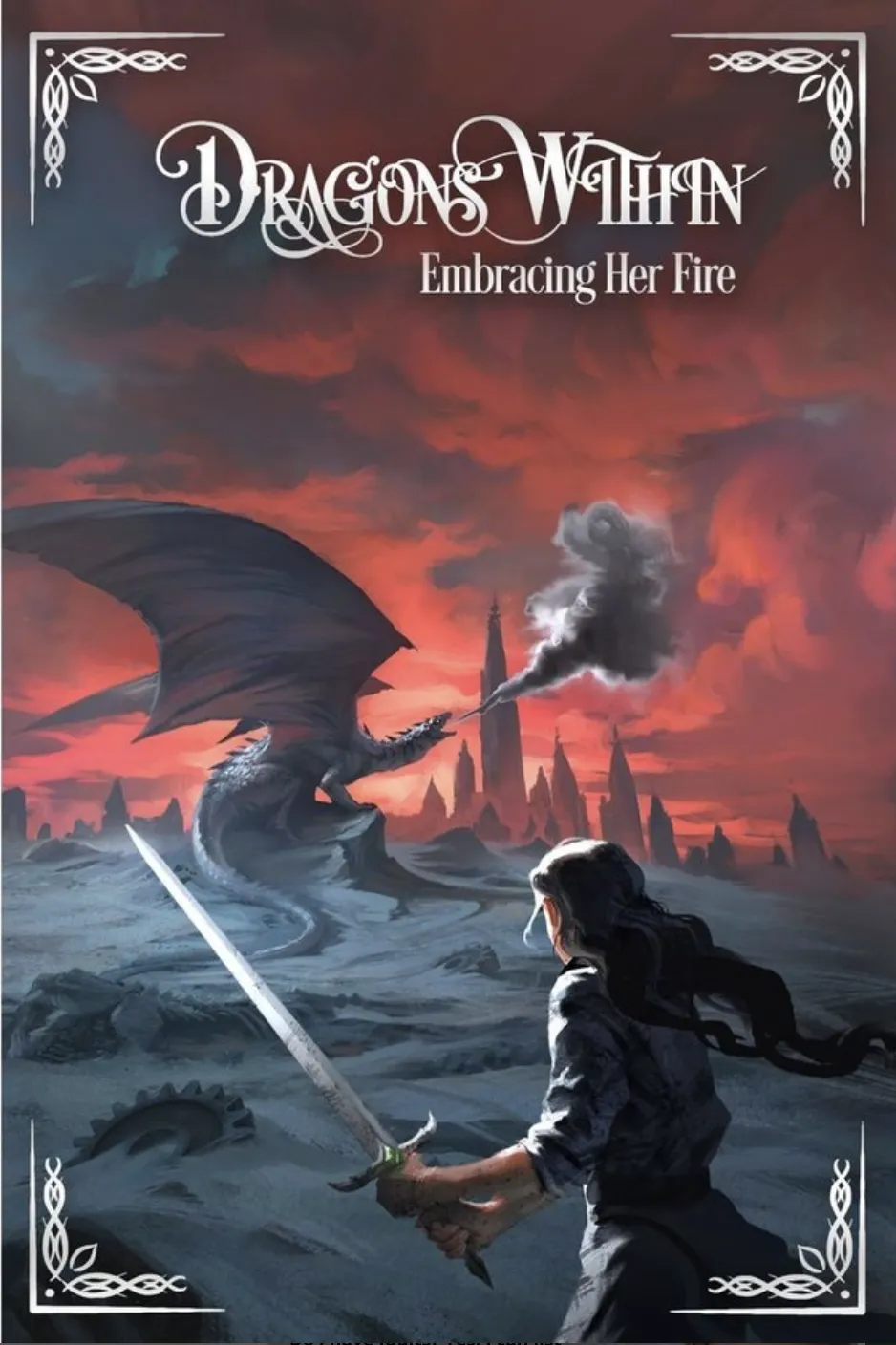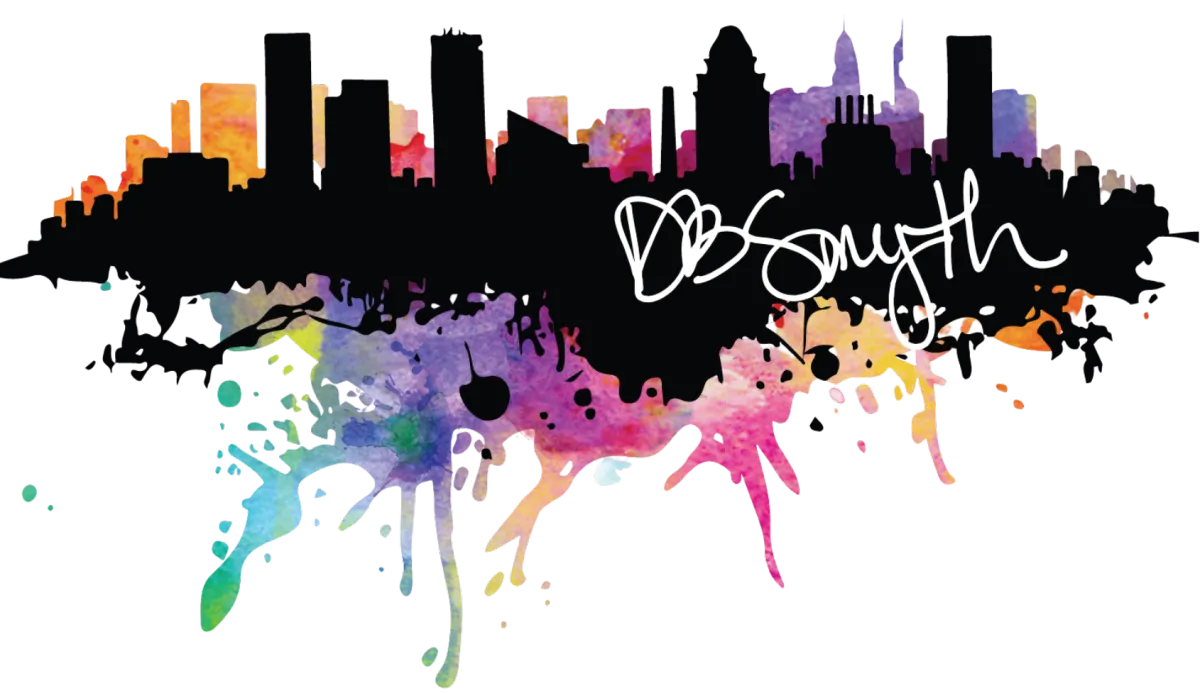D.B. Smyth
Unputdownable Urban Fantasy that will wreck you
I’m a Molotov cocktail in Hello Kitty packaging (with PTSD) who dreams in anime and wrestles with demons. I revel in vengeance, comeuppance, and heart-shattering dark nights of the soul, and I believe the villain is always worth the bullet. {I ❤️ smut.}

Reader Love
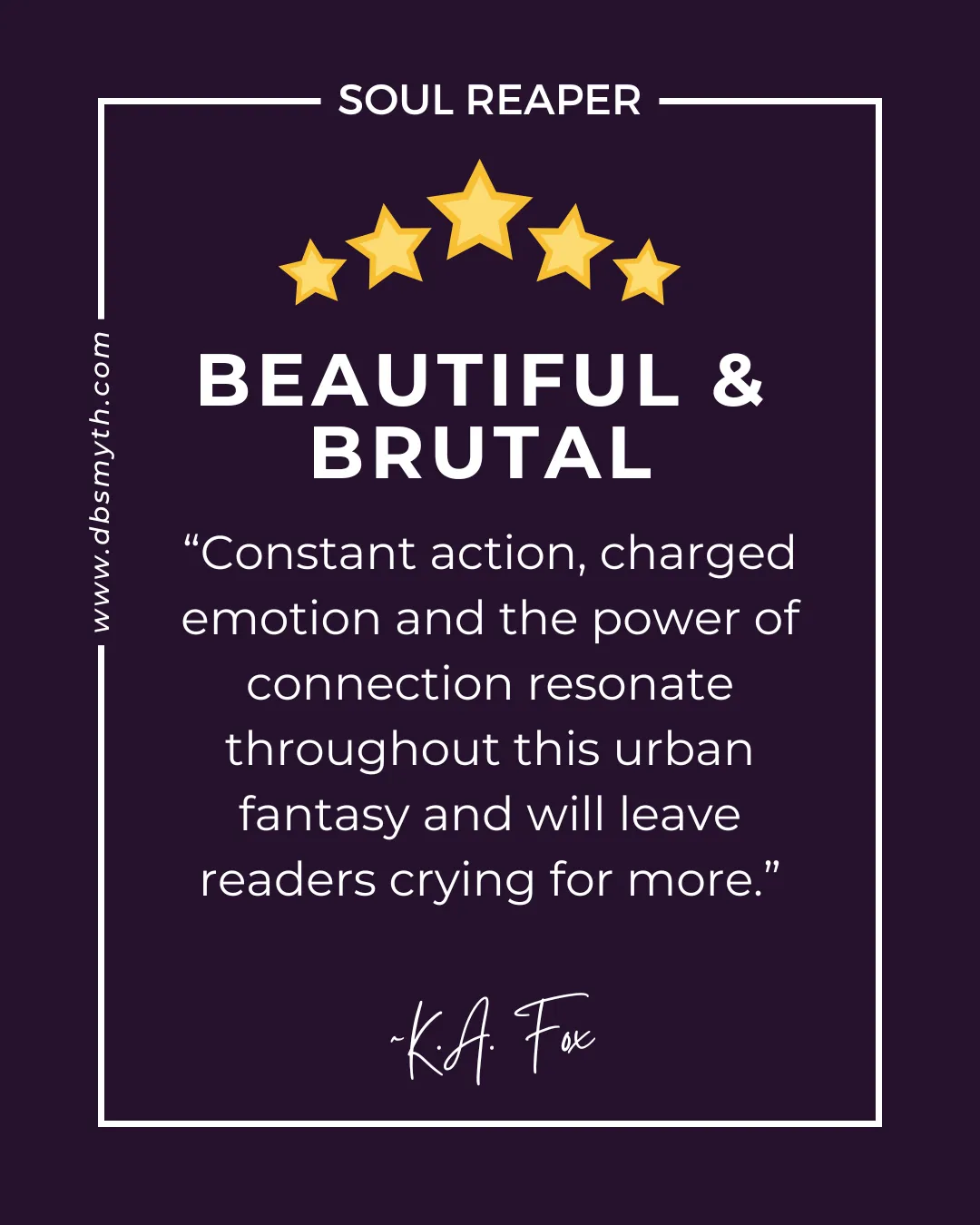
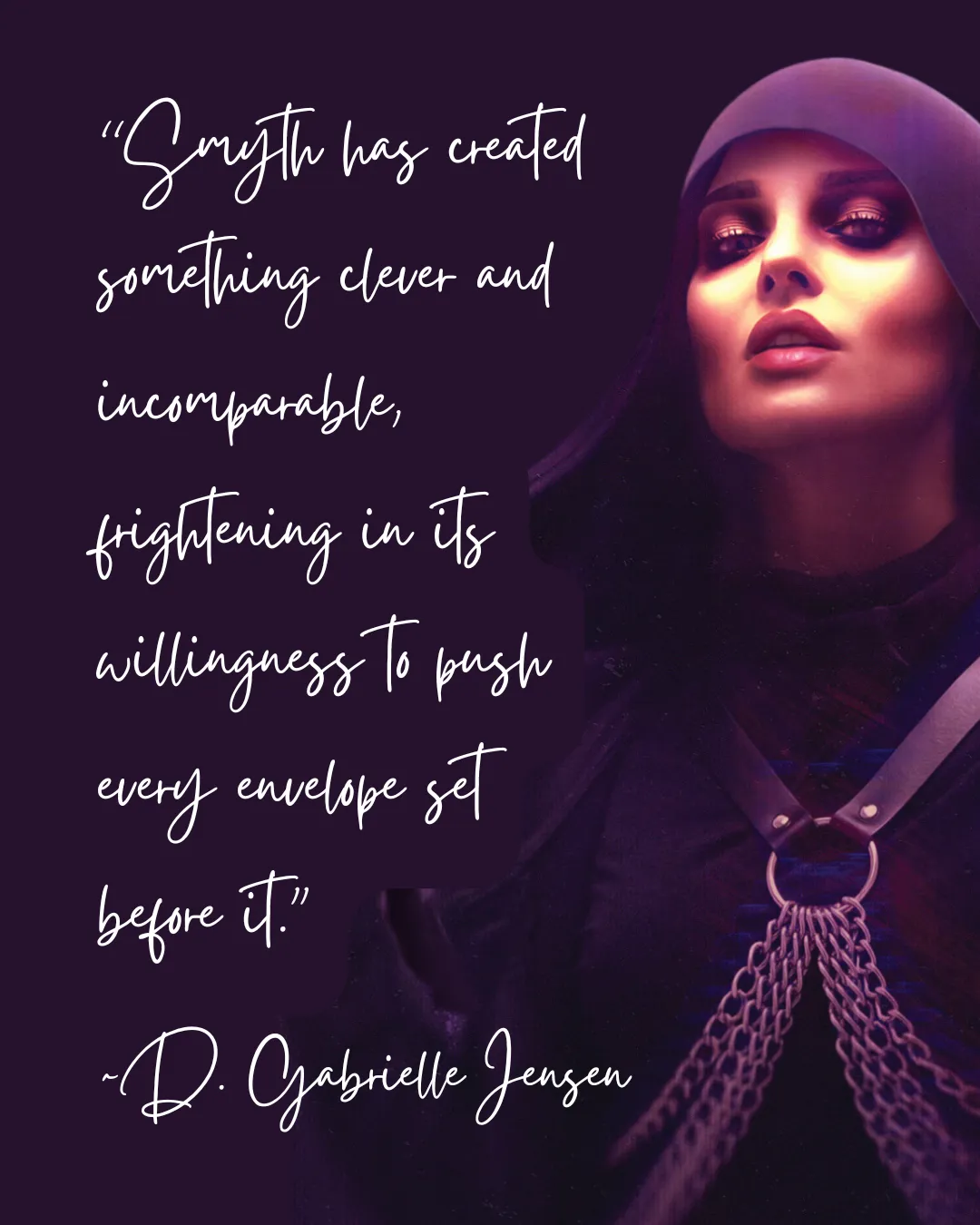
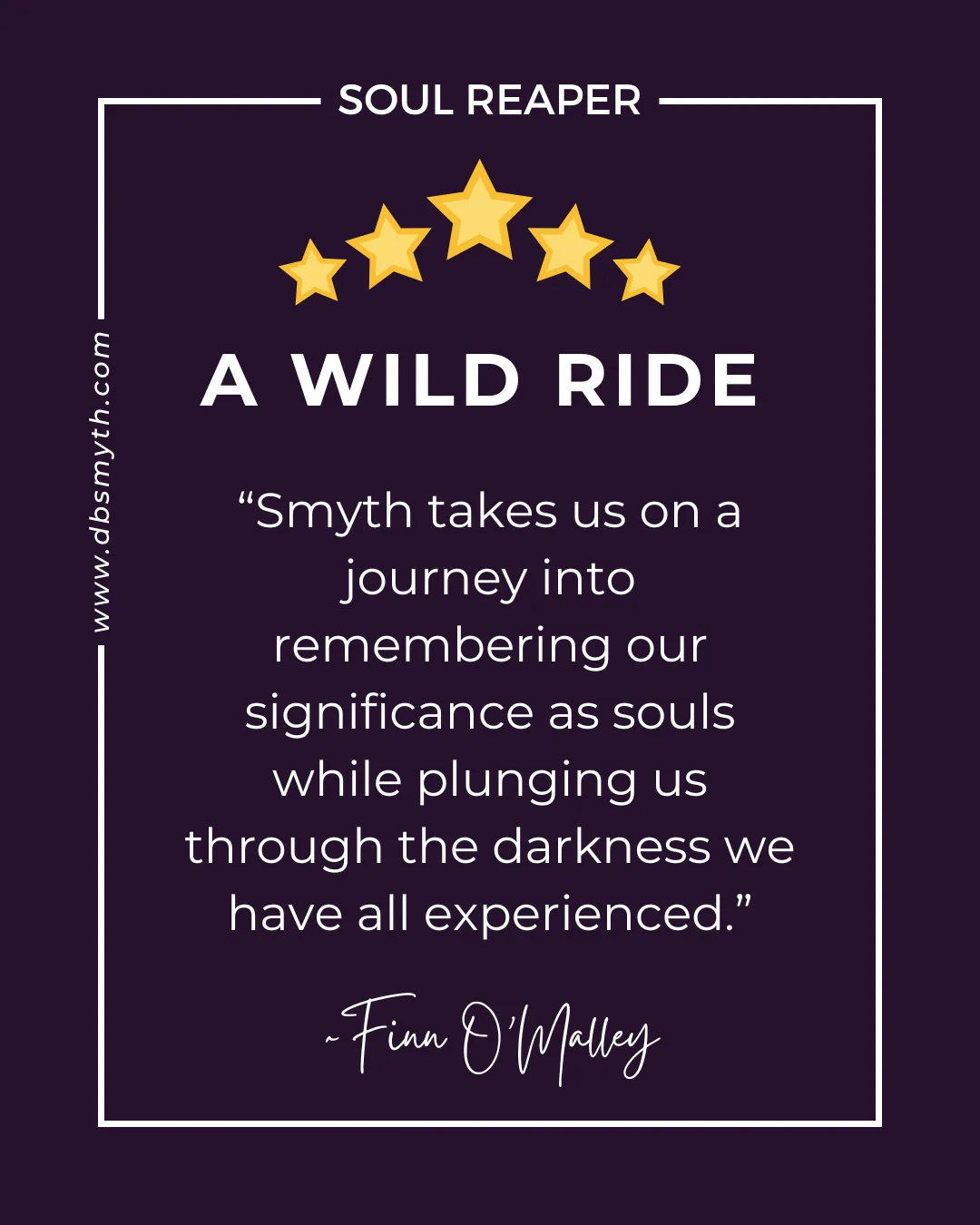
Join the
Shadows
Enter your deets to get exclusive content & updates.

Hi, I'm Deb.
Molotov cocktail in Hello Kitty packaging
Lover of vengeance & smut
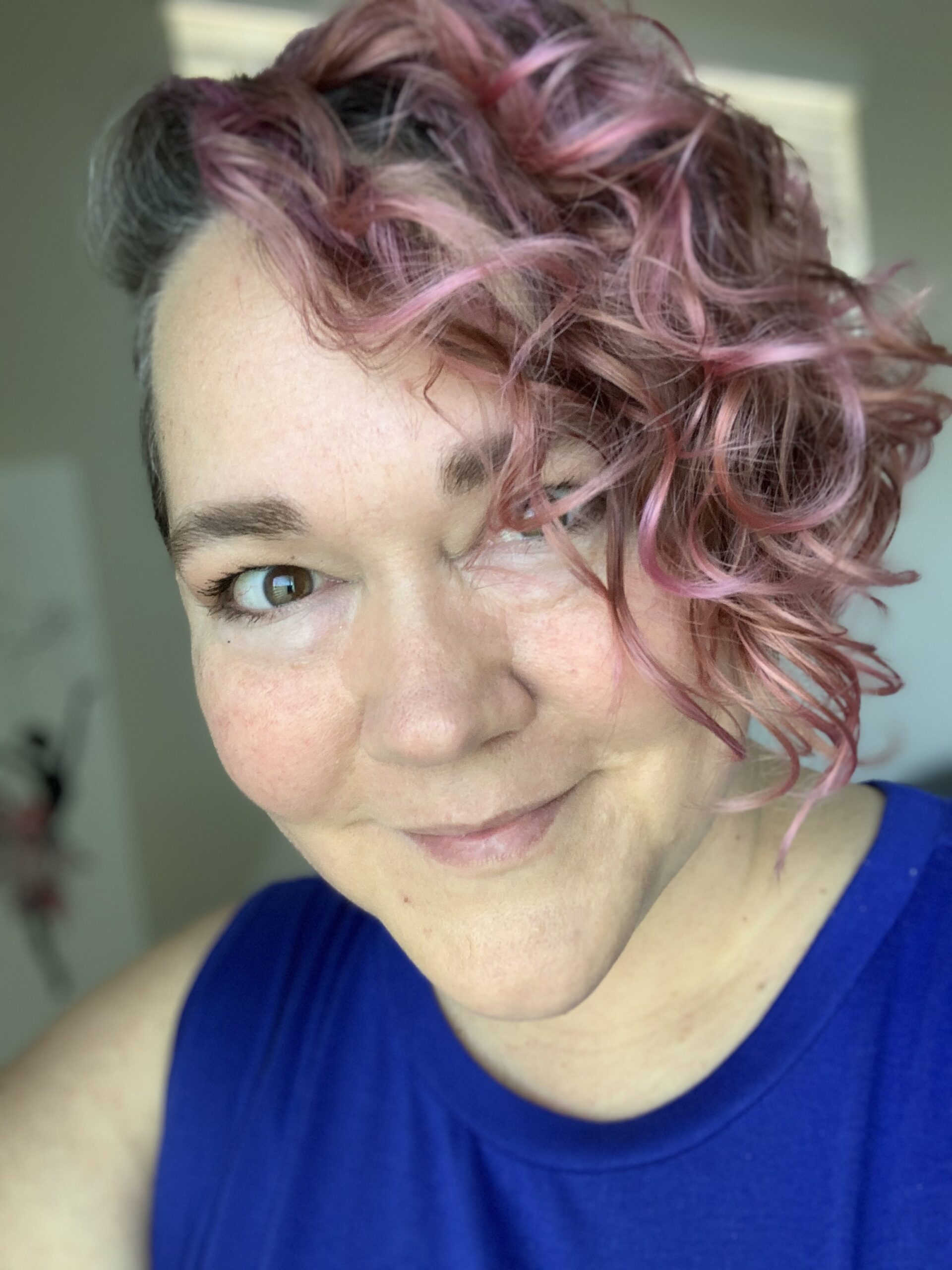
Thank you for giving Keres (and me) a chance.
If you love stories of vengeance that blur the lines between good and evil, and right and wrong, with rage-filled heroines willing to tear gods apart to set themselves free, then I’m your girl.
I shine a light on the trauma—the pain, unraveling, and secrets—we’re expected to hide behind forced smiles and silence.
I don't flinch, and I won't apologize.
So if you’re hungry to be captivated, thrilled, and left gasping for breath as you turn just one more page, then welcome.
I am a Molotov cocktail with a world to light on fire.
Come burn with me.
About My Books
Soul Reaper
by D.B. Smyth
Published by: Balance of Seven
Publication Date: Oct 2023
Genres: Urban Fantasy; Dark Fantasy
Available via: Bookshop.org, Barnes&Noble, and Amazon
———————————————
I DON’T SAVE LIVES. I TAKE THEM.
MAYBE TOMORROW SOMEONE WILL TAKE MINE.
NOT LIKELY. BUT ONE CAN HOPE.
———————————————
Isolation.
Carnage.
Sanity wrung from the soul like ichor from a blood-soaked cloth.
Keres never imagined this would be her fate when she bound herself as an Angel of Death over a thousand years ago. She only wanted the power to avenge her murdered family. What she got was an eternity of violence—reaping souls for a God who has forsaken her.
But when a reaping goes to shit and Daemon assassins attack, Keres is forced to face a truth she was never meant to know—her contract to take souls is actually destroying her own.
Now she must choose: trust the very monsters sent to kill her, or accept that her next reaping may be her last.
Soul Reaper is a dark urban fantasy about immortal rage, dangerous desires, and a girl who just might break the world to save herself.
(For, as Keres knows all too well, immortality doesn’t save you from pain—it gives you longer to drown in it.)
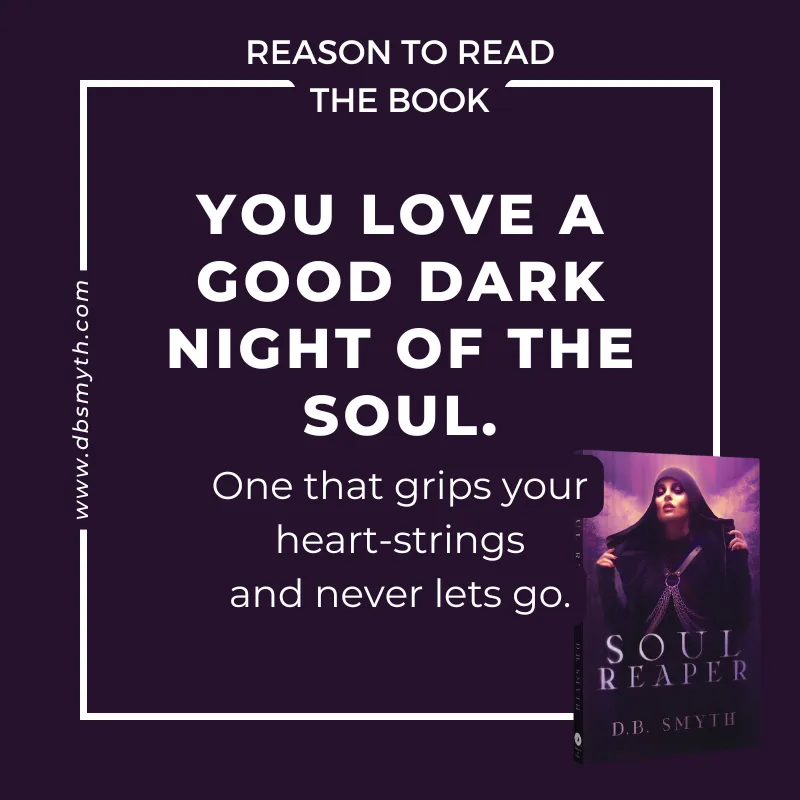
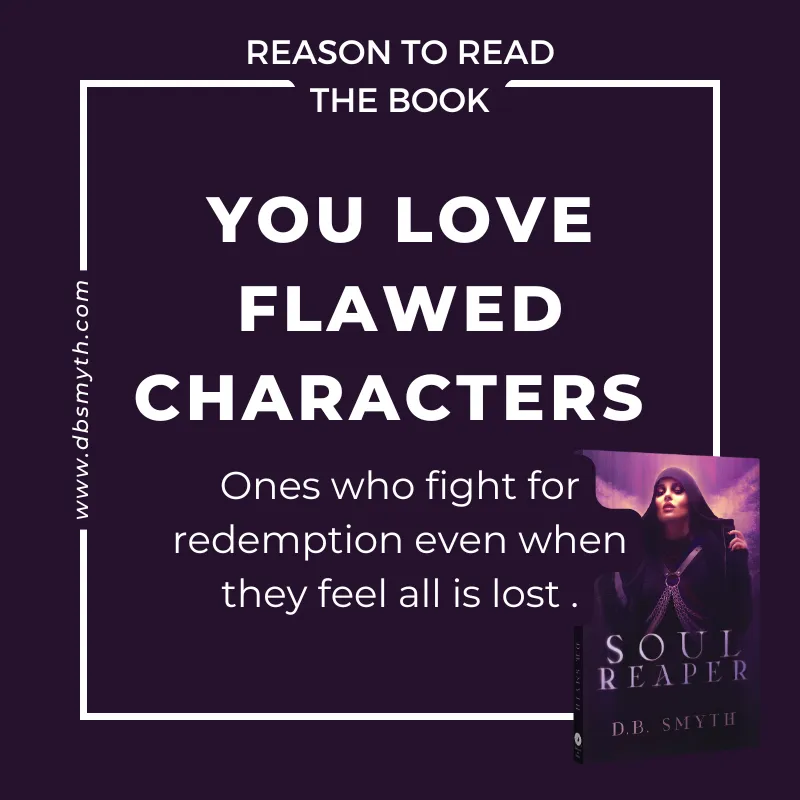

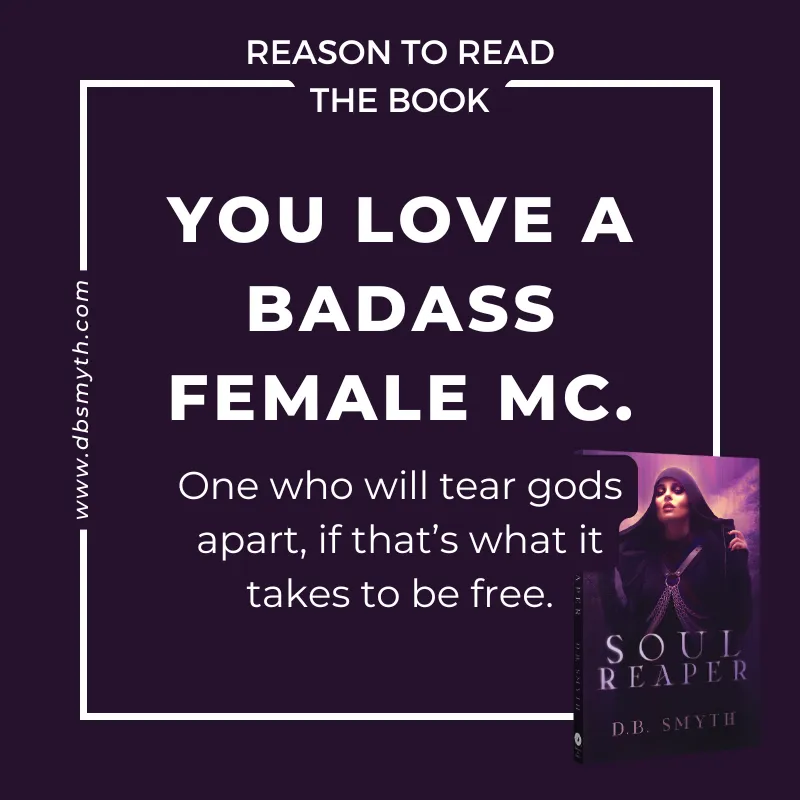
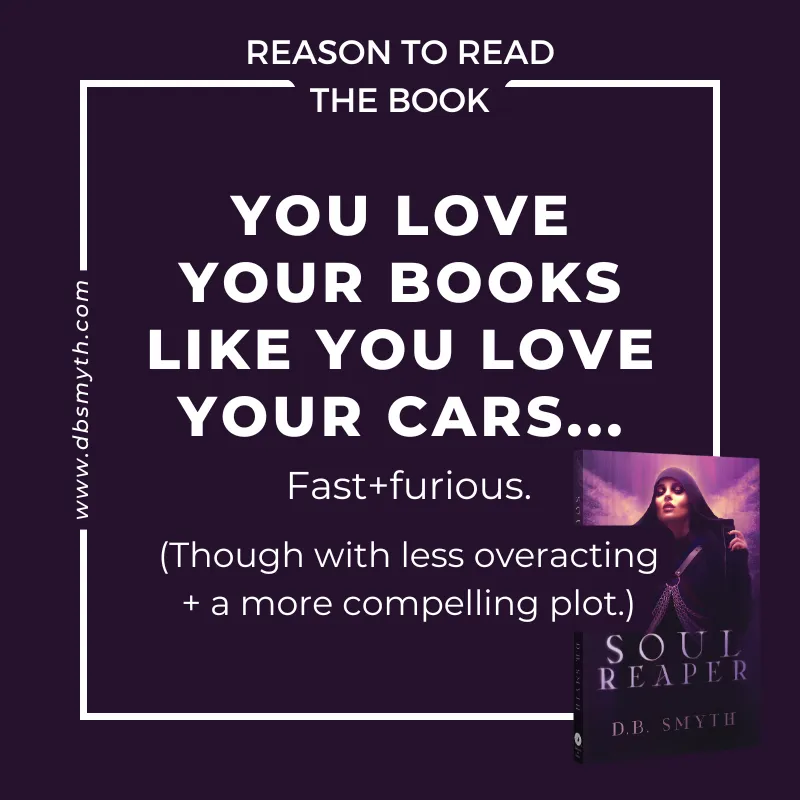
Dragons Within: Embracing Her Fire (Anthology)
"The Web Speaks" by D.B. Smyth
Published by: Balance of Seven
Publication Date: Nov 2021
Genres: Fantasy Anthology & Short Stories
Available at: Bookshop.org and Amazon
———————————————
People who only see the bad call us cursed. Now I have a chance to change that narrative.
———————————————
Journey into the world of Dragons Within and dance with a fire that flows through the veins of powerful women. Expertly crafted by twelve new and emerging speculative fiction authors, these tales shine a beacon of hope in the face of condemnation, giving others the courage to chase their dreams with scorching determination and impenetrable resolve.
Shedding their fear, the women of Dragons Within approach the all-consuming black blaze and
. . .embrace their fire.
Dragons Within is a collection of short stories set in fantasy worlds with empowered heroines who choose themsleves.
Copyright © 2026 D.B. Smyth. All rights reserved.
